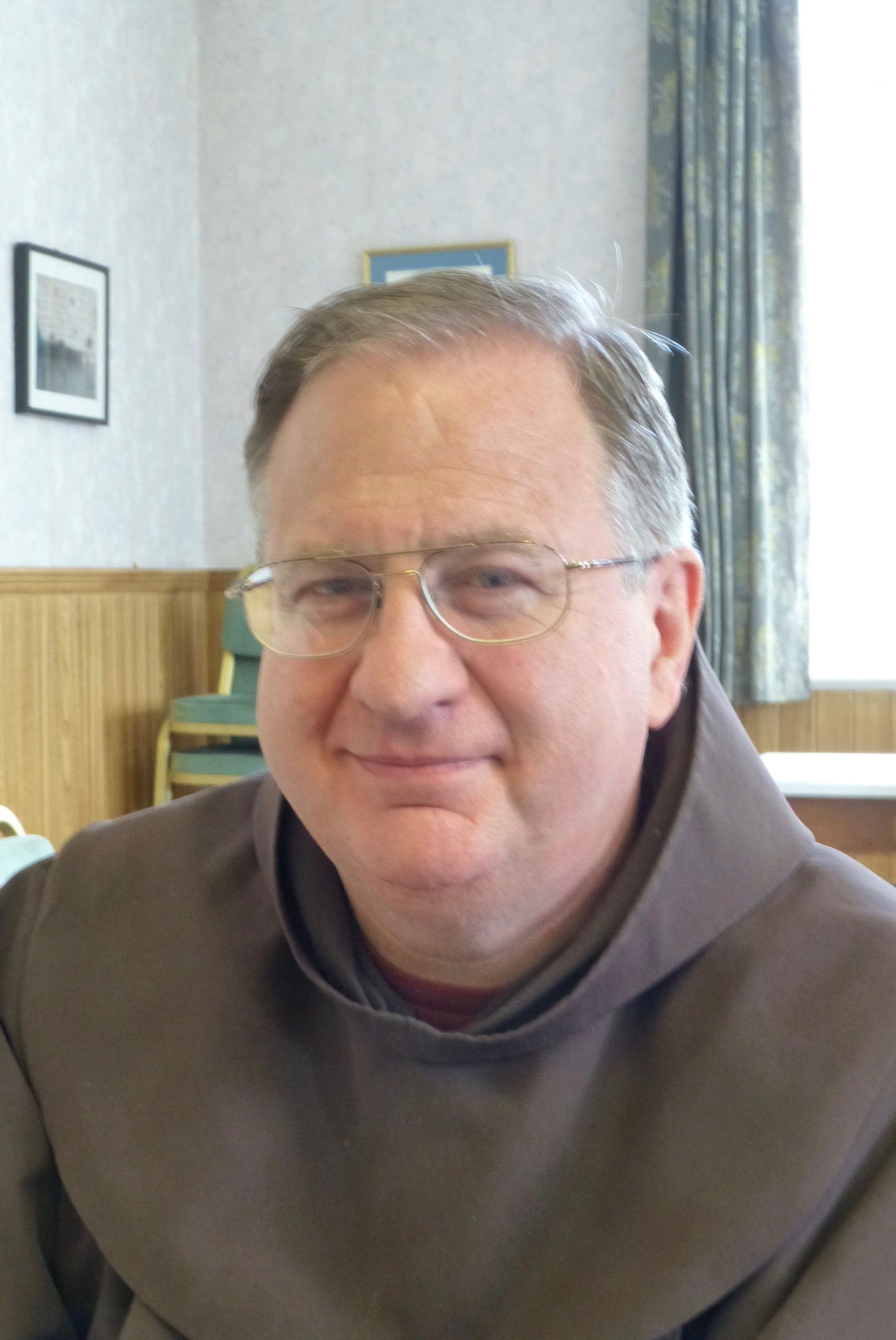How and why life's horizons can change
How people discover and welcome their own best religious convictions creates in many ways a path into a quiet and just partly recognisable mystery. A gift from God. Like many other people, I can trace that process back to moments that appeared in the course of my teenage restlessness. The beauty of revering a Christmas crib; or of living in anticipation of greater kindness when I first received the Eucharist; or wondering why courage would be desirable (and encouraged), at the prayer and anointing of Confirmation. Asking how the Easter brightness of faith takes over from recitation of the Stations of the Cross. But these were all remembered mass-going events in my teens. They then became a different perspective. They were expected to point ahead to my adult, more self-aware faith. Hope in a better-formed life in my heart and mind and friendships was how a new self should come to the fore.
It was not the dry repetition of catechism questions which opened up a better horizon. Chatting with my mother (a former Anglican) meant more to me. But also as GCSE religion took shape, a genuine challenge also entered the picture, a life somehow worth comparing with those of the missionary apostles in Acts of the Apostles. This, with the letters from St. Paul, was our set reading material for exams and some seriously well-focussed writing about the call of God. I experienced the beginnings of an adult faith as something which other Catholics and Christians might also be taking to heart, undetected by me. My faith could begin to understand what makes communities stronger, their members surer about mutual interactions, as a gift from God. I had grown up in an immigrant street, where no families seemingly had any experiences of collaboration or trust. Even my parents, coming from separate cultures, lived their versions of faith along what seemed like separate paths, just occasionally intersecting. But the love of God, in our family and beyond it, was strong enough to make the indwelling of the Spirit feel crucial and alive to me.
We moved to a new parish, and it was one in which some parishioners' families, the folk music group, a young curate and a couple of younger religious sisters were awake to the lively energies taking place in the years after Vatican II. A sense of people altering their attitudes towards God and to the call of the Gospel, was growing for myself and others, with ideas of community supportiveness as a lively part of this. But quite how the most obvious church activities would help our longings here for community was not clear. In my final years at school, a chance to read some religious books introduced me to a Franciscan thinker, St. Bonaventure, who had already appreciated long ago that grace stirs up imagination and stimulates free concerns for inner and outer integrity. But of course, I did not know there were any Franciscans in England, so the idea of being involved with them did not arise. Only as a student at the University of Kent was I suddenly in touch with actual members of the Franciscan fraternity, who lived according to this particular Catholic tradition. They had founded a study centre, alongside the classes where I was a student. They got involved with the chaplaincy too, at which I was an open-minded participant, searching for a deeper reality in my life.
This was a valuable situation for experiencing some attractive modern attitudes to preaching, music, liturgical celebration, and the theology of 'new opportunities for faith' and 'the church of the future.' I learned that it was normal for Catholics to see life in terms of prophetic gifts such as the peace-making actions of St. Francis. I learned about a revelation of hope which should replace despair, an important insight in a time of world-wide disappointment during the 1970s. I read the 'Fioretti', a collection of idealistic stories about mercy, compassion and community from these memories of early Franciscans, and found them very moving. Spending time at talks given by friars, who understood that depth of spiritual feeling, awoke a level of individual inter-connectedness in me, which reached into my heart in an energising way. Spending time then as a volunteer, in Malawi (Central Africa) also convinced me that Church members in different parts of the world were moving into a new era of commitment and integrity. This is what made great sense to me as a possible life-long commitment.
So when I asked to be considered as a candidate for the Franciscan life, it was not 'a long shot' even though there is always a degree of uncertainty about taking this step. I had opportunities to experience, share and learn more fully about a generous spirituality. It was one which I could see had attracted new community members from many countries and cultures. It would ground my life in Christ, as well as seeking to tackle the complex circumstances of modern life, with loving action, respectful and helpful listening, and an improved quality of reflection and prayer.
As a professed follower of St. Francis in the Church, my individual experiences of community have now drawn on friendships with Mexicans and Koreans, Scots and Zimbabweans, Italians, Poles and Germans, Australians and Indians, Mancunians, Bristolians and Geordies. But what made it great to share those friendships has been an underlying spirit of kindness, patience, respect and spontaneity that we all shared with Francis. Our journeys together have involved people with handicaps, with a need for joy, with dreams they hope to live out, with burdens that will remain distressing unless the gospel mission of compassion reaches them, and stays real for them. Here in lands to the north of Europe, we do now need to replant the seedling beds of Christian faith.

